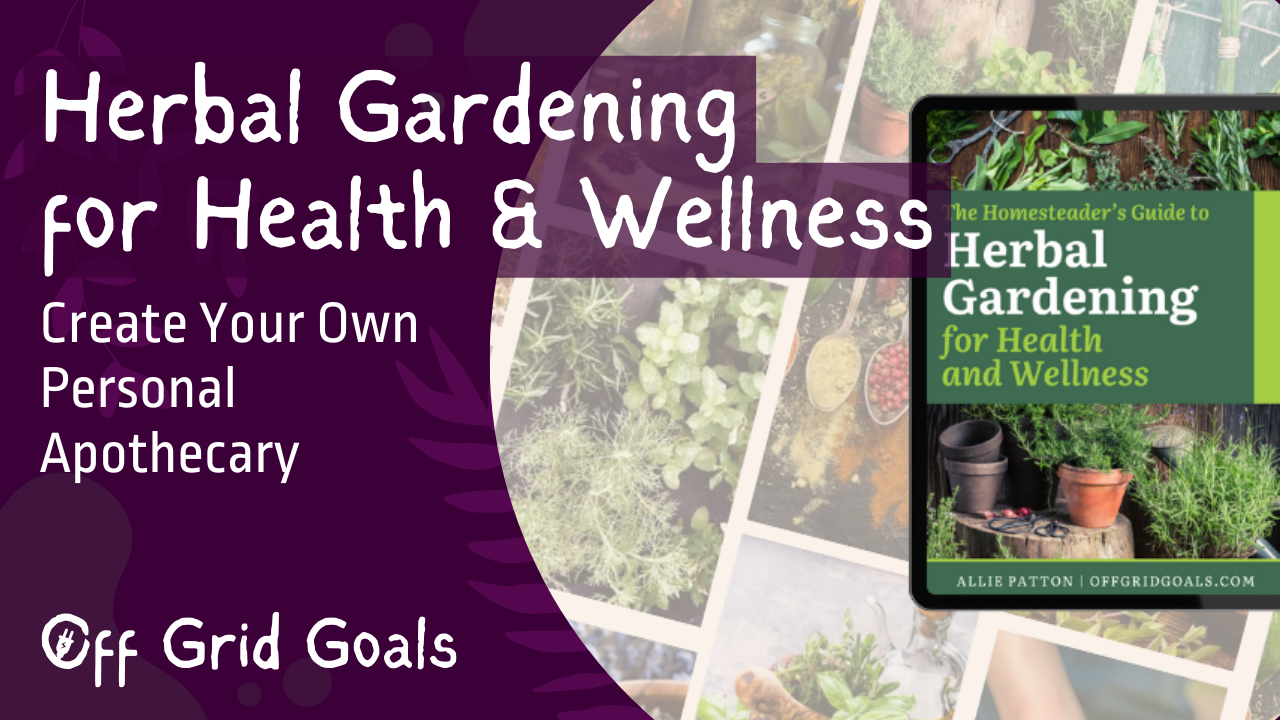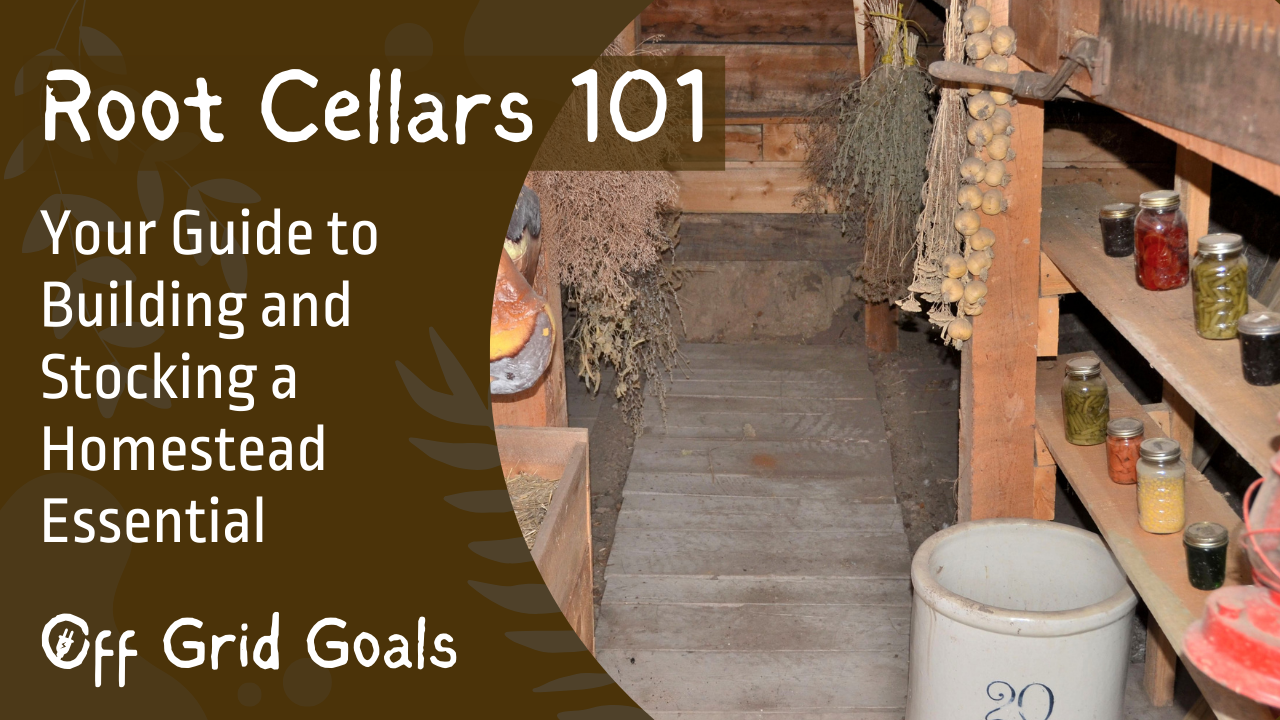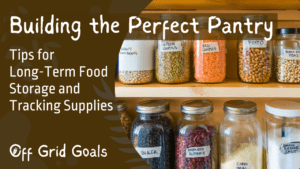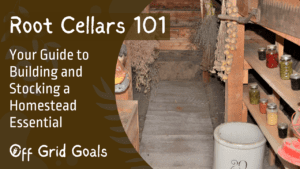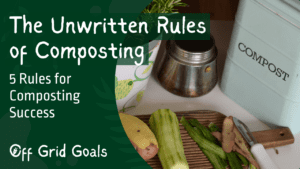In a world where modern medicine often comes with a plethora of side effects and synthetic ingredients, many individuals are turning to herbal remedies as a natural alternative for first aid and healthcare needs. Creating an herbal garden not only provides access to a wealth of medicinal plants but also fosters a deeper connection to nature and self-sufficiency. In this guide, we’ll explore how to cultivate an herbal garden filled with essential plants for first aid and healthcare purposes.
1. Planning Your Herbal Garden:
Before diving into the world of herbal gardening, take some time to plan and design your garden space. Consider the following factors:
- Location: Choose a sunny spot with well-drained soil where your herbs can thrive.
- Layout: Sketch out a layout for your herbal garden, considering factors such as plant height, spacing, and companion planting.
- Selection: Research and select a variety of medicinal herbs that are well-suited to your climate, soil type, and health needs.
2. Essential Medicinal Herbs for Your Garden:
When planning your herbal garden, prioritize the inclusion of herbs that have well-documented medicinal properties. Some essential herbs for first aid and healthcare include:
- Aloe Vera: Known for its soothing properties, aloe vera is a must-have for treating burns, cuts, and minor skin irritations.
- Calendula: This vibrant flower has anti-inflammatory and antiseptic properties, making it ideal for treating wounds, rashes, and insect bites.
- Lavender: Renowned for its calming aroma, lavender also possesses antiseptic and analgesic properties, making it useful for relieving stress, promoting relaxation, and soothing minor burns or insect bites.
- Chamomile: With its gentle sedative and anti-inflammatory properties, chamomile is excellent for calming nerves, aiding digestion, and relieving skin irritations.
- Echinacea: Known for its immune-boosting properties, echinacea can help prevent and shorten the duration of colds and flu.
- Peppermint: This refreshing herb has antispasmodic properties, making it useful for soothing digestive issues, headaches, and muscle pains.
3. Cultivating and Caring for Your Herbal Garden:
Once you’ve selected your herbs, it’s time to start cultivating and caring for your herbal garden. Here are some tips to help your herbs thrive:
- Soil Preparation: Ensure your soil is well-drained and nutrient-rich. Incorporate organic matter such as compost or aged manure to improve soil fertility.
- Planting: Follow planting instructions specific to each herb, ensuring proper spacing and depth. Consider companion planting to enhance growth and repel pests.
- Watering: Provide regular watering to keep the soil evenly moist, especially during dry spells. Avoid overwatering, as this can lead to root rot.
- Maintenance: Regularly prune and harvest your herbs to encourage healthy growth and prolong the harvest season. Keep an eye out for pests and diseases, and address them promptly using organic methods.
4. Harvesting and Using Your Medicinal Herbs:
When it comes time to harvest your medicinal herbs, follow these guidelines to ensure optimal potency and quality:
- Timing: Harvest herbs at their peak potency, typically in the morning after the dew has dried but before the sun is too hot.
- Method: Use clean, sharp scissors or pruning shears to harvest herbs, cutting just above a leaf node to encourage new growth.
- Drying: Dry harvested herbs in a well-ventilated area away from direct sunlight to preserve their medicinal properties. Once dry, store them in airtight containers in a cool, dark place.
5. Creating Herbal Remedies:
With your freshly harvested herbs in hand, you can now create a variety of herbal remedies for first aid and healthcare needs. Some simple remedies you can make include:
- Infusions: Steep dried herbs in hot water to create herbal teas for soothing digestive issues, promoting relaxation, or boosting immunity.
- Salves and Balms: Infuse dried herbs into carrier oils such as olive or coconut oil to create healing salves and balms for cuts, scrapes, and dry skin.
- Tinctures: Extract the medicinal properties of herbs by macerating them in alcohol or glycerin to create potent tinctures for immune support, stress relief, or respiratory health.
- Compresses: Brew strong herbal teas and soak a cloth in the infusion to create compresses for relieving inflammation, easing muscle pains, or treating minor burns.
Cultivating an herbal garden filled with medicinal plants is not only a rewarding endeavor but also a practical and sustainable approach to first aid and healthcare. By planning, planting, and caring for your herbal garden with intention and care, you can harness the healing power of nature and cultivate a deeper connection to the natural world. Whether you’re treating minor ailments, boosting immunity, or simply promoting overall well-being, your herbal garden will be a valuable resource for holistic health and self-sufficiency.
Photo by Markus Spiske on Unsplash


